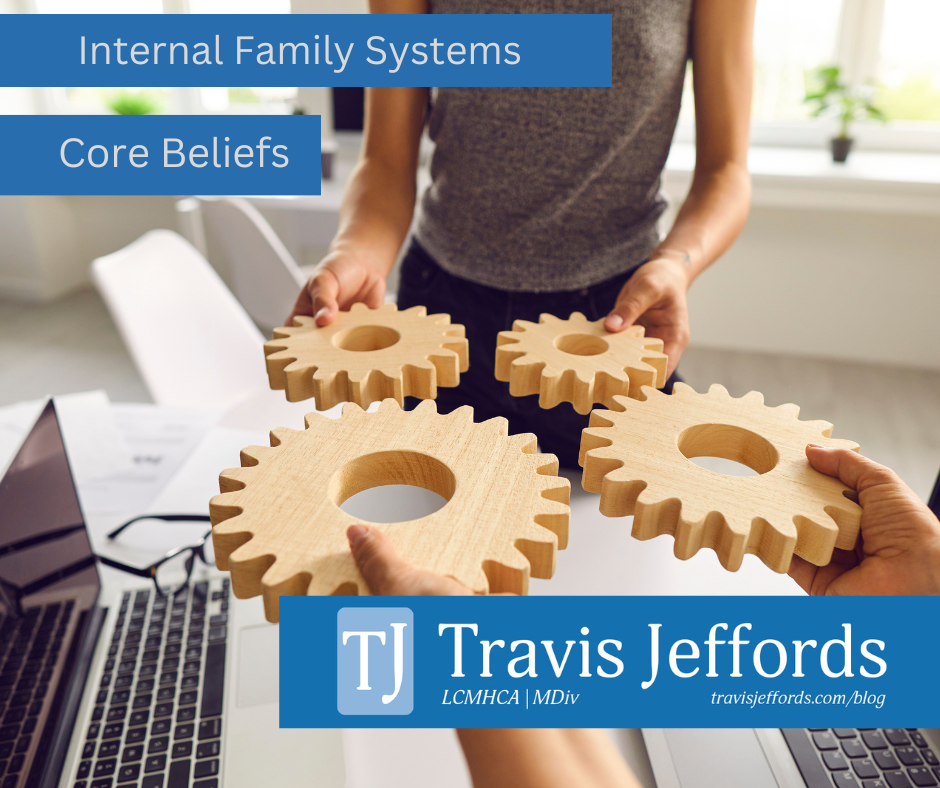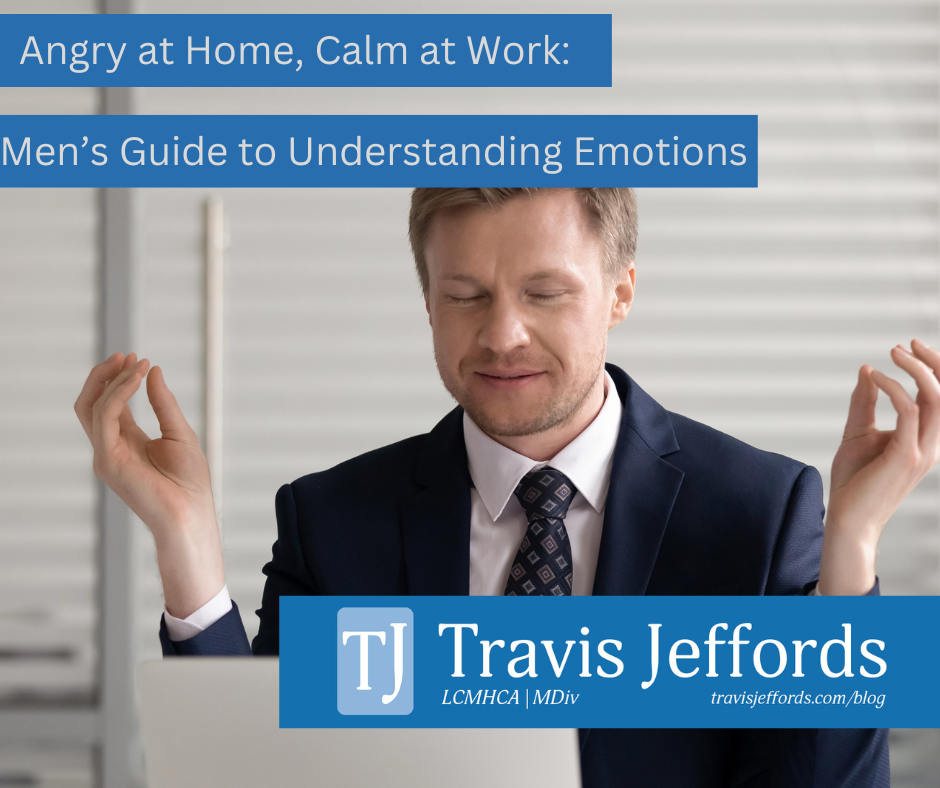Conflict to Connection: 5 Must-Read Books for Couples, Recommended by a Professional Counselor
You know your relationship needs work.
You’re desperate for things to change, but you don’t even know where to begin.
I’ve got you covered.
As a mental health counselor in Greensboro and Winston-Salem, North Carolina, I've had the privilege of guiding couples on their journey towards healthier, happier, and more fulfilling connections.
I'm thrilled to share with you a carefully curated list of the five books that I recommend most often to my own clients in couples counseling, plus a 6th bonus book that I recommend for parents. These books may touch on some similar themes, but are each unique in their contributions, and they really can make a difference in your relationship.
I also am totally honest and transparent with couples in my counseling - if you start reading these books - you will save yourself a lot of time and counseling fees and you tend to progress through therapy much faster than people who can’t be bothered to crack open one of these classics.
So, whether you are already in therapy, or are just getting started looking for resources to address your relationship - these are for you. (in no particular order)
You Are the One You’ve Been Waiting For by Richard Schwartz
When couples arrive in my counseling office, they come because each of them believes that the other person is the problem. So often, what they’re secretly (or not so secretly) hoping for is that I will take on the role of referee, and declare them the winner/victim, and their partner as the loser/persecutor.
In short, they believe their partner is the problem, and responsible for 100% of their unhappiness.
This book challenges that assumption head on, with the hallmark sensitivity and compassion that Richard Schwartz possesses.
By the end of the book couples are aware that, as true as the cliche is, happiness is an inside job. Each member of the couple is responsible for doing their own ‘work’ in counseling to heal from their past hurts, traumas, and wounds, which are impacting themselves and the relationship to this day.
“So we’ve all been set up - victims of a cruel joke. First we are loaded with emotional burdens by our family and peers, and then taught to exile the parts carrying them. Then we are told to go out into the world and find that special person who can make us finally like ourselves. Together we and our partner enter the striving, frenetic whirlpool American lifestyle that precludes time together, isolates us from community, depletes and stresses us out, and offers innumerable addictive distractions that further isolate us. When we can’t make this impossible situation work, we feel like total failures - as though something is wrong with us.” (Schwartz, 28)
2. Nonviolent Communication by Marshall Rosenberg
So many couples come to therapy asking for help with “communication issues”. This book gives it to them, written by a healthy communication master, Marshall Rosenberg.
Couples often get stuck playing the blame game, where they only know how to communicate in two ways:
Blaming their partner.
Blaming themselves.
Rosenberg helps couples realize that there is another option: connecting with the feelings and needs of yourself and your partner.
Rosenberg shifts couples thinking and helps them realize that anger and frustration in relationships is simply a sign that needs are going unmet, and help couples learn to communicate and work through what those feelings and needs are with each other. Rosenberg has incredibly sticky stories that my clients love re-sharing after reading, and he has worked in intense moments of conflict - political tension, gang violence, etc., and found ways to help people to connect and move forward by recognizing their feelings and needs.
“(Nonviolent Communication) helps us connect with each other and ourselves in a way that allows our natural compassion to flourish. It guides us to reframe the way we express ourselves and listen to others by focusing ou consciousness on four areas: what we are observing, feeling, and needing, and what we are requesting to enrich our lives.” (Rosenberg, 12)
3. The Seven Principles for Making Marriage Work by John Gottman
John and Julie Gottman are undoubtedly the most famous names in the country, and perhaps the world, when it comes to couples counseling. Dr. John Gottman started doing intense scientific research on couples over 40 years ago in a way that no one had previously done. In fact, all of this time spent analyzing couples has given Gottman the ability to very accurately predict whether a couple will divorce after just watching them interact for 15 minutes.
The result of those decades of video recording and analyzing couples are several clear principles for what actually makes marriages work. The principles are simple, clear, and easy to work towards. Things like, the research proven exact number, or “magic ratio”, of positive to negative interactions (think compliments to criticisms) that almost guarantees a couple will stay together.
Some people complain that Gottman’s findings are too basic…but, I actually find this really comforting: doing the basic things well really can make a difference in your relationship.
“For many couples, just realizing that they shouldn’t take their everyday interactions for granted makes an enormous difference in their relationship. Remind yourself that being helpful to each other will do far more for the strength and passion of your marriage than a two-week Bahamas getaway.” (Gottman, 89)
4. Attached by Amir Levine and Rachel Heller
Attachment theory in couples counseling has really taken off, and this book provides a super easy-to-read introduction to it.
The basic idea of attachment theory is that there are 4 basic ways that people relate to one another in relationships based on their own upbringing and attempts to get their needs met and care for themselves early on in life. We bring those same ways of relating to people into our partnerships later on in life.
This book helps unlock some of the mystery and depathologizes questions around “why is she so clingy”, or “why is he always so distant and pulling away.” Instead of your partner driving you crazy because of the way they act, believing there’s something ‘wrong’ with them, or they’re just trying to ignore or overwhelm you - you can begin to understand how both of you are just trying to get your needs met in the ways that you are wired to do since early childhood.
“Armed with our new insights about the implications of attachment styles in everyday life, we started to perceived people’s actions very differently. Behaviors that we used to attribute to someone’s personality traits, or that we had previously labeled as exaggerated, could now be understood with clarity and precision through the lens of attachment”. (Levine and Heller, 14)
5. The Enneagram Made Simple by Ashton Whitmoyer-Ober
Why is my partner the way they are?
Why am I the way I am?
The Enneagram Made Simple answers these questions, giving you a sense of understanding and compassion for who your partner is and insights into what motivates their behaviors.
The Enneagram is a personal typing tool (like Myers-Briggs or Strength-Finder for example) that has been around for hundreds of years, only recently becoming re-popularized. Understanding the Enneagram has given me a window into not only my own partner, but also into some of the more ‘difficult’ people that I’ve met in my life. After spending time with the enneagram, I can now understand some of their core motivations, which allows me to soften my own heart towards them.
I love recommending this book because it’s a super short read (think a few hours, max), and written from a non-religious perspective for those who prefer that, as most of the enneagram literature tends to be written from a Christian or spiritual perspective.
*If you’d like a great introductory enneagram book written from a Christian perspective, you can’t go wrong with The Road Back to You by Ian Morgan Cron and Suzanne Stable.
“Because the Enneagram is about motivations, not behaviors, this means that once we know what motivates us to act the way we do, we can step into that realization and either embrace those behaviors or change them. Think of it as nine different ways of viewing the world.” (Whitmoyer-Ober, xii)
BONUS PARENTING BOOK RECOMMENDATION - Good Inside by Dr. Becky Kennedy
Dr. Becky Kennedy sees children with compassion, curiosity, and tenderness - and helps readers to do the same.
Seeing my own children through Dr. Kennedy’s eyes has given me so much more patience and grace with them, and the entire last half of the book is full of very practical solutions to various issues that come up with kids, and how to parent in a way that reinforces their essential basic goodness.
For every parent I’ve talked to who has read the book, there are plenty of “oh shit I’ve been doing this wrong!” moments, but on the other side of those moments of shame and regret, parents acknowledge that the book has vastly improved their ability to understand, love, and parent their children.
“Understanding that we’re all good inside is what allows you to distinguish a person (your child) from a behavior (rudeness, hitting, saying, “I hate you”). Differentiating who someone is from what they do is key to creating interventions that preserve your relationship while also leading to impactful change.” (Kennedy, 4)
Conclusion
So those are the books!
I hope you feel as inspired and eager as I do about the transformative potential they hold for your relationship. Each of these books offers a unique perspective and a wealth of knowledge that can help you and your partner navigate the complexities of love, communication, and emotional connection. I have seen in my own life, and the lives of my clients, how these books really can give you key insights into yourself and your partner. And I’m wishing the same for you.
Wishing you the best on your mental health journey.
Hi, I’m Travis.
My clients describe me as calm, compassionate, and curious…
You have these qualities inside you at your core too. You just need a little help uncovering them.
If you’re dominated by anger, anxiety, shame, or self-criticism, we can help you re-connect with who you really are: confident, calm, courageous, compassionate, and connected to yourself and others.
Travis Jeffords - LCMHCA MDiv. | Male Counselor
In-person counselor: Greensboro & Winston-Salem
Virtual counselor: North Carolina
Licensed Counselor
Disclaimer: The information provided in this blog is for general informational purposes only and is not a substitute for professional counseling or therapy. The content presented here is based on my professional knowledge, personal experiences and research, but it should not be considered as a replacement for individualized mental health advice.
Every individual is unique, and the content provided may not be applicable to everyone's specific circumstances. It is important to consult with a licensed mental health professional regarding your specific concerns and to receive personalized guidance tailored to your needs.


















